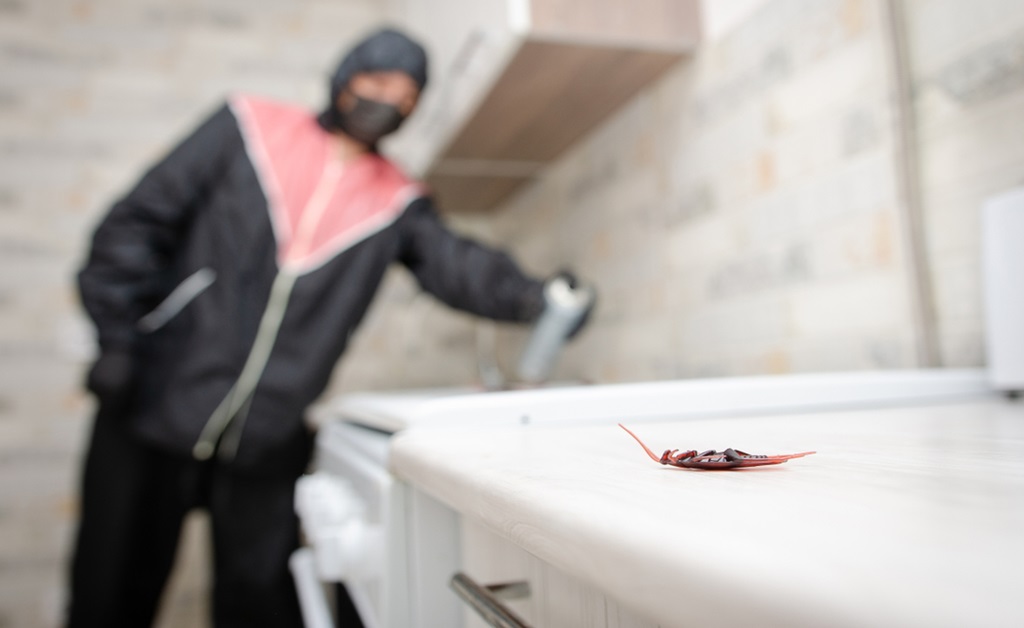Keep your home free of pests, protect your garden, and maintain a harmonious living space. Mere mention of the word ‘pests’ sends a shiver down the spine of any homeowner, especially those with a fondness for gardening. These unwelcome guests can disrupt your tranquil existence, not to mention the chaos they can cause to your cherished plants. You’ve called in the experts, but how long until those pesky critters meet their demise? Join us as we delve into the intricate world of pest lifespans post-treatment, enabling you to optimally time your bug control in Sarasota interventions.
Unlocking the Significance of Pest Control
Pest control is not just about your home or garden’s health; it is a vital cog in the wheel of maintaining a wholesome home environment. These critters are not just notorious plant destroyers; they are potential carriers of human and pet diseases. Robust pest control can mitigate these threats substantially, lowering the probability of turning your home into a creepy-crawly motel. A deeper understanding of the timeline for these treatments can enhance your planning with long-term pest control spray solutions.
Understanding Insect Lifespans
A comprehensive understanding of common household bugs’ lifespans can equip you with a better perspective of post-treatment expectations. Pest species such as ants, cockroaches, and bedbugs each have distinct life cycles. Ants, for example, can exist from a couple of weeks to several months, while a cockroach can survive for up to a year. Such knowledge can guide the persistence level required for your home bug sprayer treatments.
Immediate Aftermath of Pest Control
Post-treatment, many homeowners wonder, “When will they breathe their last?” Professional treatments generally get to work instantly, aiming for the nervous system of the pests. You might notice erratic bug movement under the influence of the chemicals. However, prepare for a slow exit; it often takes hours or even days before the pests completely surrender to the pest control spray.
Variables Influencing Pest Expiry
Post-treatment, the timeline for pest demise can fluctuate for several reasons. The pest type assumes a pivotal role; robust insects such as cockroaches might take longer to yield than ants. The chemical type also impacts the timeline; some are crafted for immediate results, while others use a slow-release formula. Lastly, environmental variables like humidity and temperature can determine the speed at which these pests bite the dust. Do bed bugs die in heat? Do bed bugs die of cold? Your pest control experts will explain the best solutions depending on the problem at hand.
Synchronizing Your Control Efforts
A firm grasp of these timelines enables one to schedule pest control treatments optimally. In the face of a major infestation, scheduling additional treatments might be necessary to obliterate all pests, including the newly hatched. Regular monitoring and prompt interventions are keys to preserving a bug-free home and garden with efficient bug house pest control.
Next Steps
Armed with the knowledge of potential pest expiry post-treatment, you can now formulate an informed pest control strategy. Consider maintaining a vigilant watch on your house and garden to detect any stubborn pests. Remember, professional pest control specialists can customize treatments for your unique needs, amplifying the effectiveness of the solution. Embrace gardening and homemaking with renewed vigor, fully equipped with the best practices for backyard bug control and answers to questions such as do bed bugs die in the heat?

